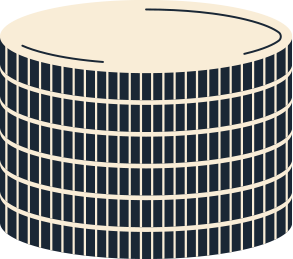
Issue
In communities across the U.S., people are being fined, charged, and jailed,
A traffic ticket or court fee might seem minor, but for those living paycheck to paycheck, it can trigger a devastating chain reaction: suspended licenses, mounting debt, arrest warrants, and even incarceration. This isn’t about accountability, it’s about using the justice system to generate revenue from those who can least afford it. Fined Out lifts the curtain on this hidden economy of punishment, and highlights the growing movement to end it.

From Ticket to Trap
It starts small: a broken taillight, a missed hearing, a fine you can’t afford to pay. But in many places, that one ticket sets off a cascade of consequences. You could lose your license, face late fees and court costs, and risk jail time simply for trying to get to work or care for your family. This is how millions get trapped in a cycle of debt and punishment for everyday survival.

When Poverty Becomes a Crime
The fines and fees system doesn’t treat everyone equally. If you have money, you pay the fine and move on. If you don’t, your life can unravel. License suspensions, warrants, and jail time disproportionately affect Black, Brown, and low-income people who are already over-policed and under-resourced, and strip them of the ability to work, care for family, or access essential services.

A System Built on Extraction
Behind the rhetoric of justice is a system designed to collect, not correct. Cities and courts use fines and fees to pad budgets, shifting the cost of government onto those with the fewest resources. People are charged for being arrested, for having a public defender, even for trying to make payments. This isn’t just unfair, it’s unsustainable. And it’s happening everywhere.